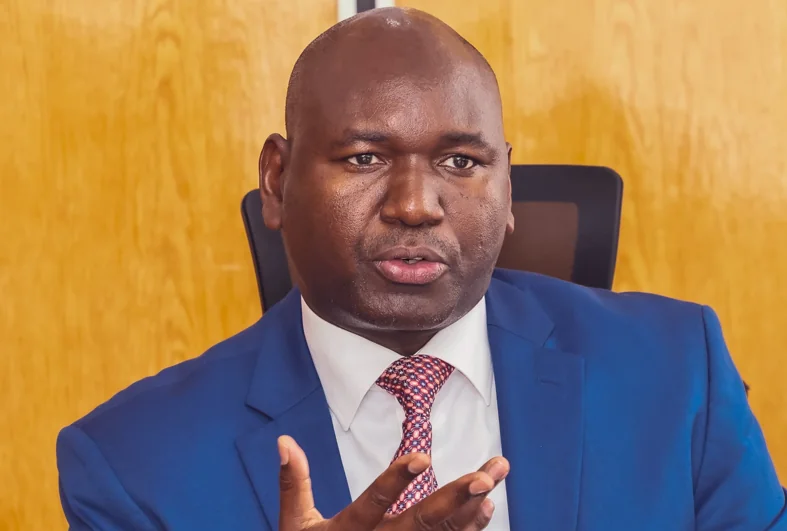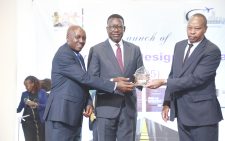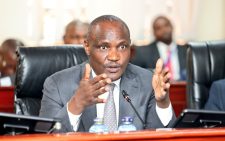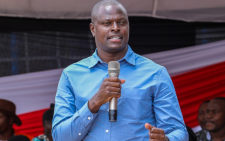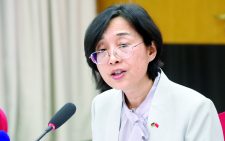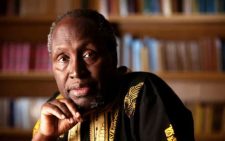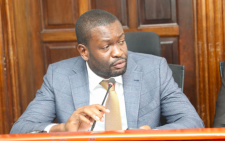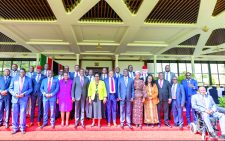Constitutional quandary with Ruto in Burundi
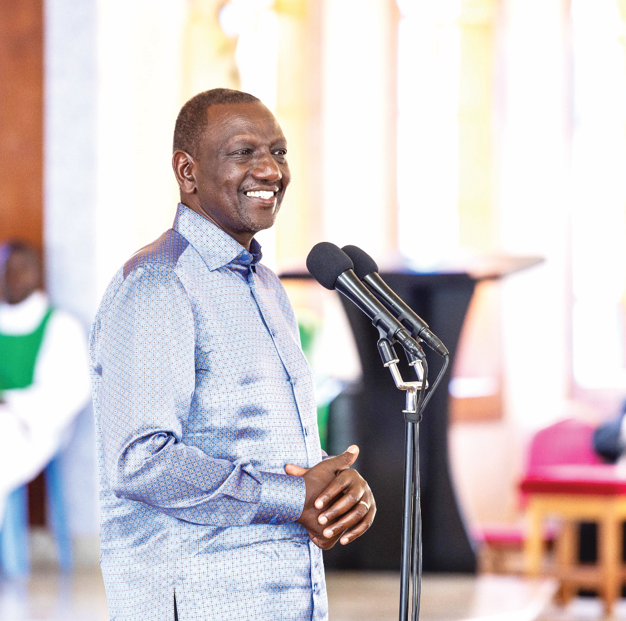
Kenya was yesterday thrown into a constitutional quandary after President William Ruto flew to Bujumbura, Burundi, leaving behind no substantive deputy.
President Ruto (pictured) was in Burundi to attend the 23rd summit of Comesa heads of state and government.
Ruto would use the opportunity to mobilise support for Kenya’s candidate for the African Union Commission chairperson position, veteran opposition leader Raila Odinga, said a statement from State House.
“This year’s summit celebrates the 30th anniversary of Comesa, a vital trading bloc with a combined market of 640 million people and a GDP of $1 trillion. Comesa represents a substantial market for Kenya, which currently holds a 12.4% share of the regional market, second only to Egypt,’ the statement said.
The President’s visit came on the day a three-judge bench set aside conservatory orders issued by a Kerugoya court blocking Ruto’s nominee to succeed impeached Deputy President Rigathi Gachagua, Interior Cabinet Secretary Kithure Kindiki, from being sworn.
The orders had effectively rendered the Office of the Deputy President vacant, creating a constitutional dilemma.
At Jomo Kenyatta International Airport to see off the President was Interior Principal Secretary Raymond Omollo and Chief of Defense Forces Charles Kahariri, with Kindiki conspicuously missing.
Role of Speaker
Ordinarily, the Deputy President would have been the one to see off the President and take charge of the country for the duration of the head of state’s absence.
Under the Constitution, National Assembly Speaker Moses Wetangula is the third-in-command and would take charge in the event the President is out of the country and there is no substantive deputy in office.
But legally, the Speaker cannot assume the role of President, as he has not taken the oath of office.
Article 146 of the Constitution outlines the circumstances under which the Office of the President becomes vacant and who is supposed to take charge in such a situation.
If Wetangula were to assume the position of head of government would be only symbolic, said Javas Bigambo, an expert in constitutional matters.
“The Speaker’s position is merely symbolic. He cannot perform any functions of the head of state, since he has not taken the oath of office and had not been handed over the tools of power,” Bigambo explained.
Such a situation arose when President Uhuru Kenyatta vacated office to travel to The Hague for the International Criminal Court case against him.
“This has not happened during this time when President Ruto is out of the country and therefore he remains the head of state and could be working from Bujumbura,” he said.
“Wetangula cannot, for instance, chair the Security Council meeting nor can he chair a Cabinet meeting or make any appointments,” he explained.
